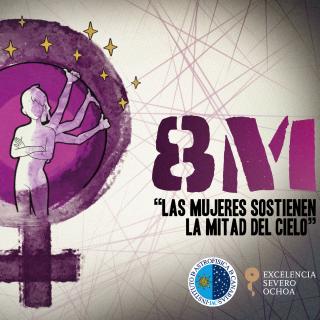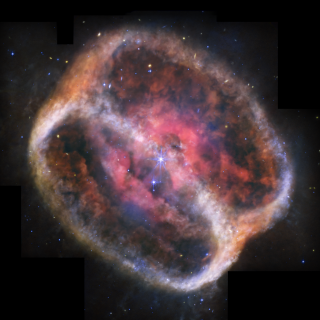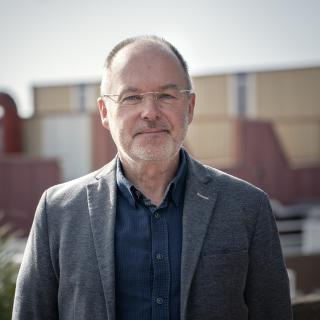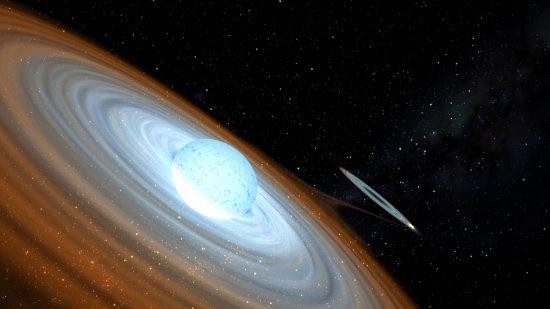It may interest you
-
 The Instituto de Astrofísica de Canarias (IAC) is strengthening its commitment to Equality and, to coincide with the commemoration of March 8th, International Women’s Day, is presenting its IV Plan for Equality. This document covers the active work within the IAC to support Equality and Fairness in the working and institutional environment, and proposes specific measures to ensure that both of these aims are achieved. The IAC has pioneered the introduction of policies of Equality in the field of science in Spain. Even before the approval of the Organic Law 3/2007 for the effective equalityAdvertised on
The Instituto de Astrofísica de Canarias (IAC) is strengthening its commitment to Equality and, to coincide with the commemoration of March 8th, International Women’s Day, is presenting its IV Plan for Equality. This document covers the active work within the IAC to support Equality and Fairness in the working and institutional environment, and proposes specific measures to ensure that both of these aims are achieved. The IAC has pioneered the introduction of policies of Equality in the field of science in Spain. Even before the approval of the Organic Law 3/2007 for the effective equalityAdvertised on -
 An international team, including a researcher from the Instituto de Astrofísica de Canarias (IAC), has obtained an incredible image of the planetary nebula NGC 1514 using the James Webb Space Telescope (JWST), revealing the nebula's spectacular dusty rings in unprecedented detail. NGC 1514 was one of the first nebulae to be studied by astronomer William Herschel, who noted that when viewed through his telescope (the biggest in the World at the time) the nebula looked like a fuzzy cloud somewhat similar in appearance to one of his other discoveries: the planet Neptune. The new images acquiredAdvertised on
An international team, including a researcher from the Instituto de Astrofísica de Canarias (IAC), has obtained an incredible image of the planetary nebula NGC 1514 using the James Webb Space Telescope (JWST), revealing the nebula's spectacular dusty rings in unprecedented detail. NGC 1514 was one of the first nebulae to be studied by astronomer William Herschel, who noted that when viewed through his telescope (the biggest in the World at the time) the nebula looked like a fuzzy cloud somewhat similar in appearance to one of his other discoveries: the planet Neptune. The new images acquiredAdvertised on -
 In the Museo de la Ciencia del Cosmos Boris Gänsicke will unravel the puzzle of how planetary systems will endAdvertised on
In the Museo de la Ciencia del Cosmos Boris Gänsicke will unravel the puzzle of how planetary systems will endAdvertised on
